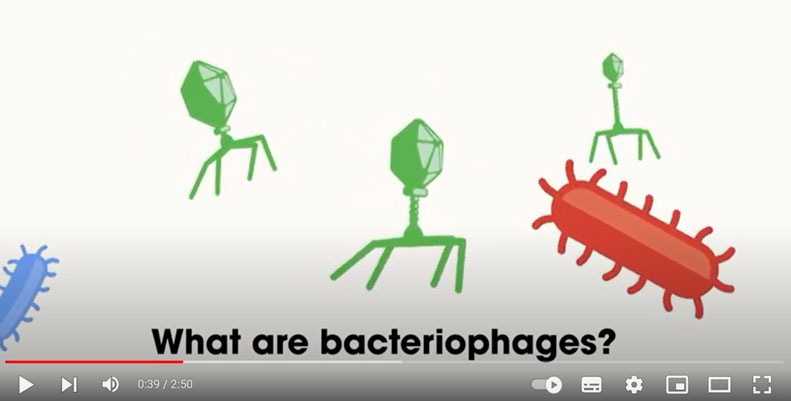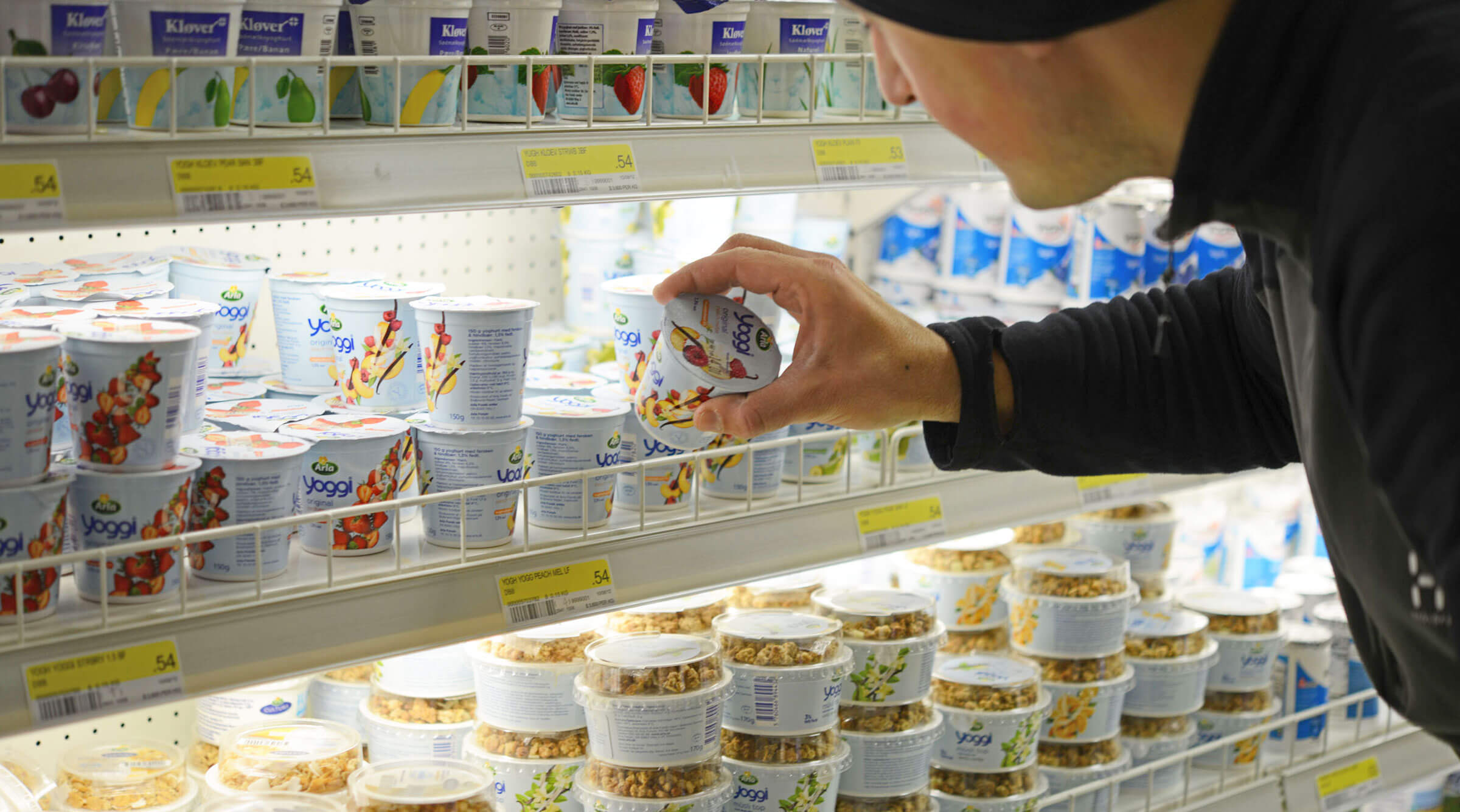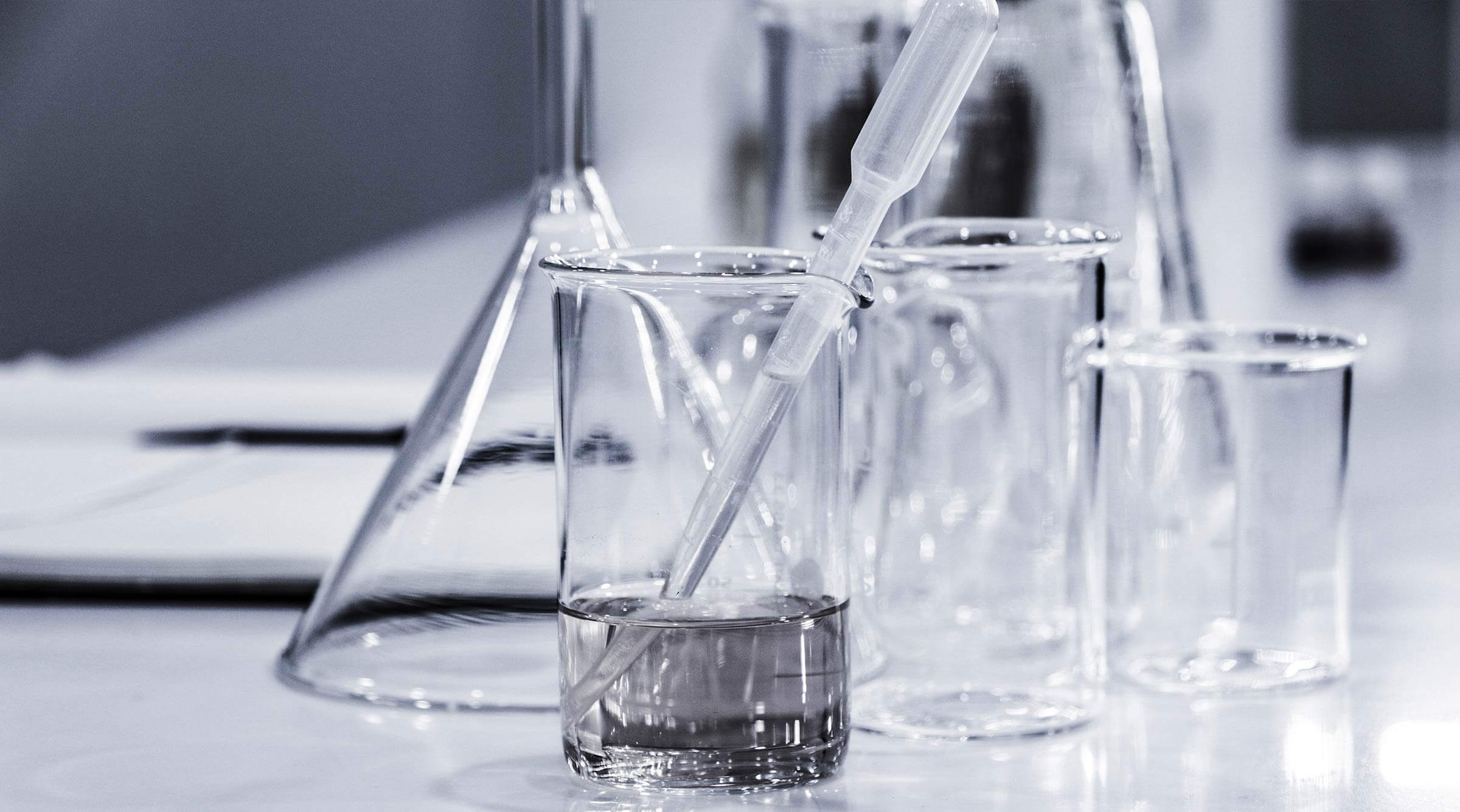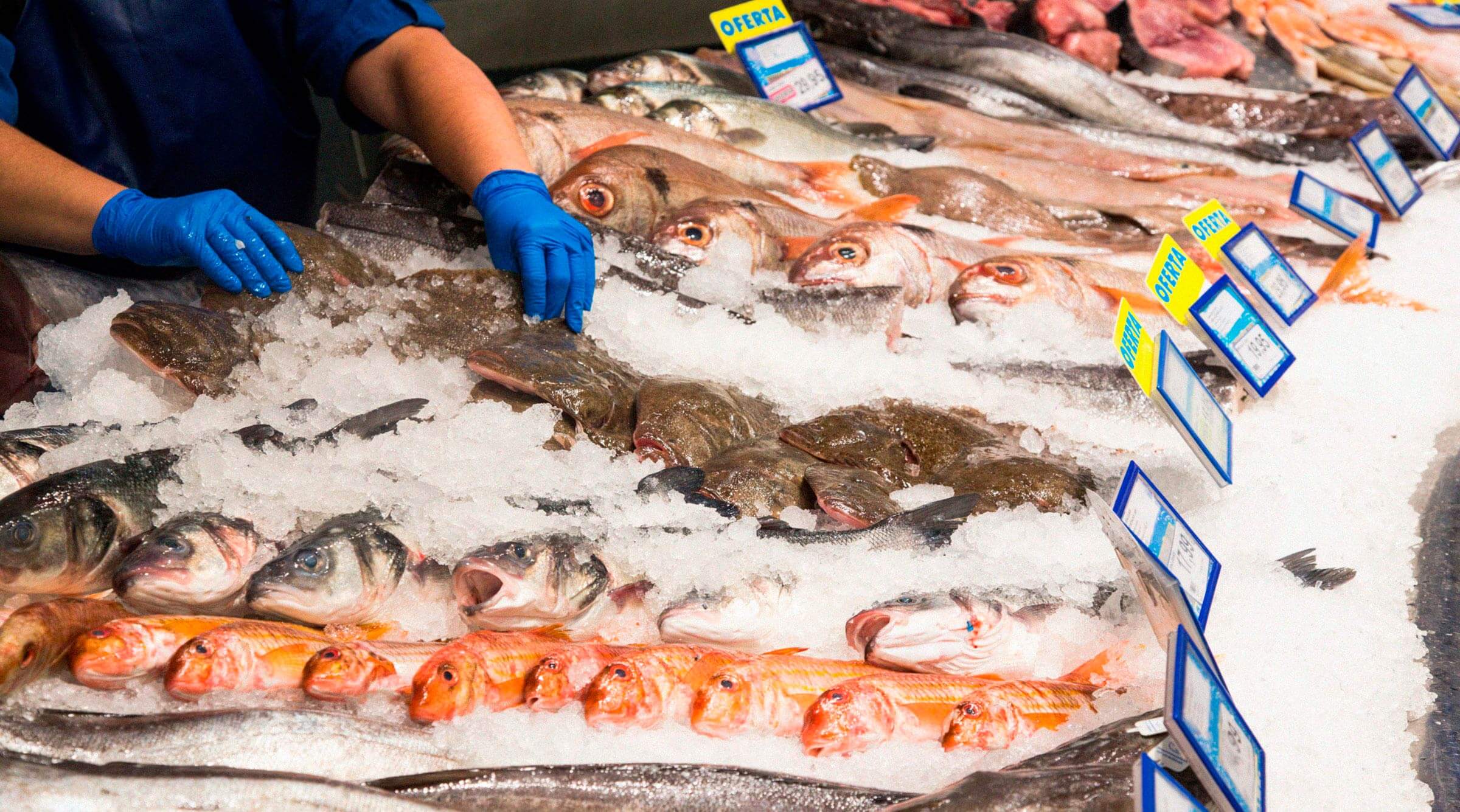Bacteriophages for the biocontrol of pathogens and non-desired bacteria
Efficient, natural and environmentally sustainable food security
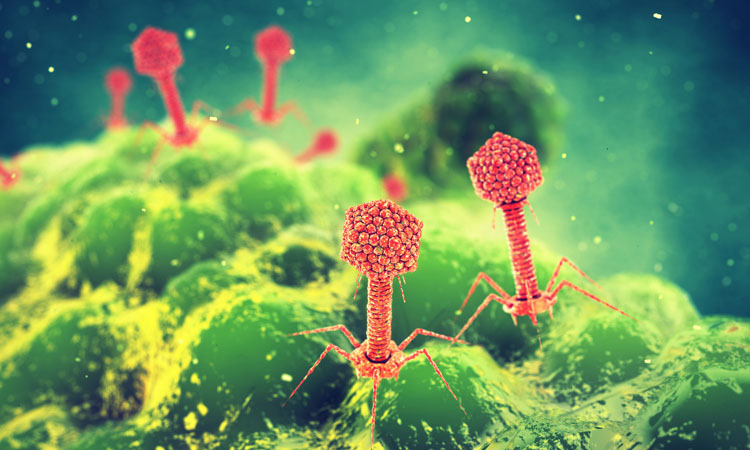
We develop new biocontrol tools based on bacteriophages (or phages) to combat the incidence of pathogenic and other non-desired bacteria, thereby contributing to reduce the development of antibiotic resistance and to ensure food safety in an efficient, natural and environmentally sustainable way.
Advantages
- Exclusive anti-bacterial activity: Phages are the natural enemies of bacteria, being totally harmless to other living organisms.
- Extremely specific against target bacteria: Unlike antibiotics, phages specifically infect target bacteria, without affecting the normal microbiota present in the food, the host, or the environment.
- Exponential growth in the presence of target bacteria.
- Reduced emergence of phage-resistance: the use of cocktails combining complementary phages reduces or eliminates the ability of target bacteria to develop resistance.
- Naturally occurring: Phages are the most abundant biological entities on Earth and are naturally found everywhere, even in the food we eat.
- Environmentally friendly: given their natural origin and high specificity, the use of phages has no negative effects on the environment.
Applicable sectors
Bacteriophage-based solutions can be applied at different stages of the food chain to prevent the occurrence and growth of pathogenic and non-desired target bacteria:
- In primary production, as an alternative to antibiotics in aquaculture and animal and plant production for food,
- And during food processing, both in food products and food processing environments.
Proven track record
The bacteriophage research group has highly qualified professionals and solid experience in the study of bacteriophages and their biotechnological applications.
AZTI has coordinated and participated in various national and international research projects related to the application of phages for the biocontrol of non-desired bacteria in the fields of aquaculture, animal production and food safety.
AZTI is also a member of the Spanish Society of Virology (SEV) and the Spanish Network of Bacteriophages and Transducer Elements (FAGOMA).
Proyectos de investigación
- BIOTEGANIA: Pathogens prevention and control, and optimization of the sustainability in agri-food production by means of an integrated smart system of biosafety and digital logistics and the use of biotechnological tools from a One-Health perspective. Funded by CDTI (MIG-20232001 Project) and the State Research Agency (PLEC2023-010275 Project), from the Ministry of Science, Innovation, and Universities, through the TransMisiones-2023 Call. 2024-2027. Ongoing.
- FAGOSASUN: Protection of consumer health through the use of bacteriophages for the control of foodborne pathogens. Funded by the Provincial Council of Bizkaia (ref. 6/12/TT/2023/00004) through the Technology Transfer call (2023). 2023-2025. Ongoing.
- FISHEALTH: Network of excellence applied to innovation and development of solutions for the control of infectious diseases in aquaculture production. Funded by CDTI – Cervera Programme (CER-20211010). 2021-2023. Ongoing.
- SoNatA: Natural Solutions based on bacteriophages for Food application. Funded by the Basque Government. 2021-2024. Ongoing.
- KONTRAE: Emergence and dissemination of antibiotic resistance: links between human health, livestock, food and the environment. Funded by the Basque Government – ELKARTEK Programme (No. KK-2020/00007) 2019-2023.
- C-SNIPER: Campylobacter-Specific Nullification via Innovative Phage-mediated Enteropathogen Reduction. Funded by EIT-Food (No. 19141) 2019-2021.
- SEAFOODTomorrow: I Innovative sustainable solutions for improving the safety and dietary properties of seafood. Funded by the European Union – H2020, No. 773400). 2017-2020.
- PHAGE-A: Development of an innovative phage-based tool for the biocontrol of microorganisms in processed fishery products. Funded by the Basque Government – ELKARTEK Programme (No. KK-2018/00052). 2018-2019.
- BERRIPHAGE: New phage-based tools for the biological control of food pathogens. Funded by the Basque Government. 2016-2019.
- ENVIPHAGE: Environmental impacts on bacterial ecology of bacteriophage use in aquaculture. Funded by the European Union – Life+ Programme (Ref. LIFE13 ENV/ES/001048). 2014-2017
Recent publications
- Lavilla, M.; Domingo-Calap, P.; Sevilla-Navarro, S.; Lasagabaster, A. Natural Killers: Opportunities and Challenges for the Use of Bacteriophages in Microbial Food Safety from the One Health Perspective. Foods 2023, 12, 552. https://doi.org/10.3390/foods12030552
- Mota-Gutierrez J., Lis L., Lasagabaster A., Nafarrate I., Ferrocino I., Cocolin L., Rantsiou K. Campylobacter spp. prevalence and mitigation strategies in the broiler production chain. 2022. Food Microbiology 104, 103998. https://doi.org/10.1016/j.fm.2022.103998
- Nafarrate I., Mateo E., Miranda-Cadena K., Lasagabaster A. Isolation, host specificity and genetic characterization of Campylobacter specific bacteriophages from poultry and swine sources. 2021. Food Microbiology 97, 103742. https://doi.org/10.1016/j.fm.2021.103742
- Lasagabaster A., Jiménez E., Lehnherr T., Miranda-Cadena K., Lehnherr H. Bacteriophage biocontrol to fight Listeria outbreaks in seafood. 2020. Food and Chemical Toxicology 145, 111682. https://doi.org/10.1016/j.fct.2020.111682
- Nafarrate I., Mateo E., Amárita F., Martínez de Marañón I., Lasagabaster A. 2020. Efficient isolation of Campylobacter bacteriophages from chicken skin, analysis of several isolation protocols. Food Microbiol.90:103486. https://doi.org/10.1016/j.fm.2020.103486
- Arias-Jayo N., Alonso-Sáez L., Pardo M.A, Lasagabaster A., Ramirez-Garcia A. and Igor Hernández. 2020. Aquaculture Phage AS-A: Effects on Zebrafish Conventionalised with Human Microbiota. Acta Scientific Microbiology 3.4: 129-136. https://doi.org/10.31080/ASMI.2020.03.0556
